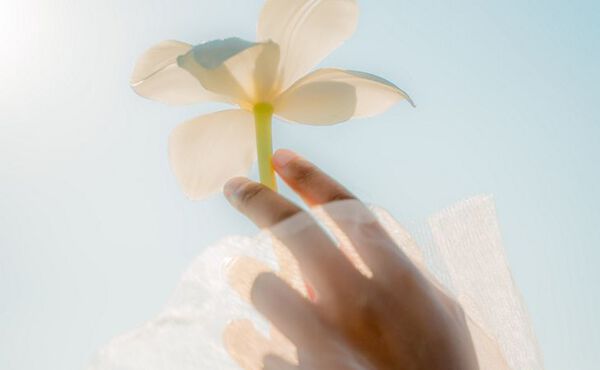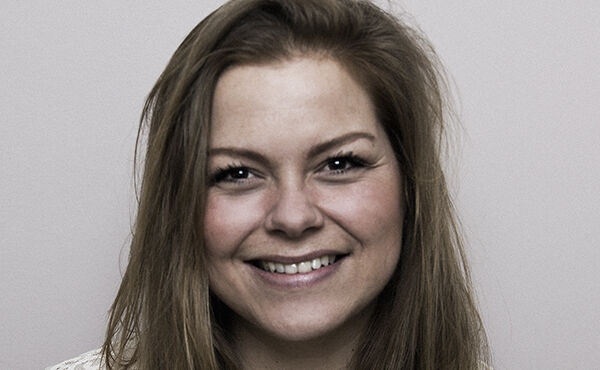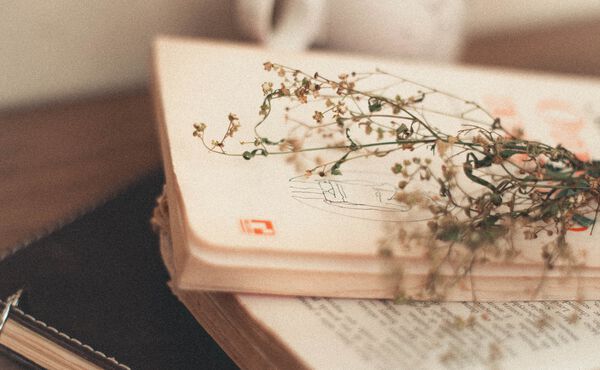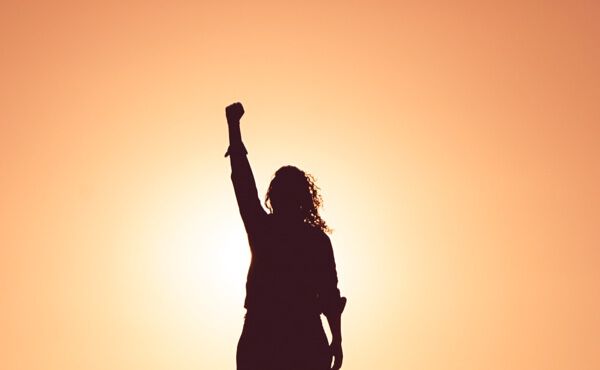Kindness is free, it’s simple, it’s positive, yet it's immensely powerful and scientifically proven to benefit your mood and overall wellbeing.
Though it may feel like the world can be a harsh and unforgiving place at times, it’s truly not all bad if you look closer. As Random Acts of Kindness states on their website, you hear stories of people trying to make the world a better place every day. And this can start small. The act of kindness is free, it's simple, it's positive, yet it's immensely powerful and scientifically proven to be beneficial to ourselves, others and the world. Together we can make the world that little bit kinder for all of us. And you can start today.
Do your little bit of good where you are; it’s those little bits of good put together that overwhelm the world.
Kindness is contagious
It helps you build a network of relationships, whether at work or in your private life, that allows you to feel grounded and secure. Should you ever run into a problem, you're less likely to bear the burden alone when you've got a good group of people surrounding you.
The beautiful thing about kindness is that it’s about the only thing in the world that doubles when shared. Neuroscientists used neuroimaging to show that 'mirror neurons' in the brain get fired up if you see someone show emotion or a gesture, mimicking that feeling in the same areas of your own brain. Witnessing someone in pain activates the same parts of the brain as when we feel pain ourselves, just like you feel the urge to yawn when you notice someone else yawning. In conclusion, simply witnessing the kind act of another will motivate you to pay it forward.
Kindness is good for the soul
If you're feeling out of sorts, one sure-fire way to boost your own mood is to be kind to others. Generosity activates a part of the brain called the striatum, which responds to things we find rewarding, such as great food or a good laugh. So, that happy feeling we get is also produced when we’re helping someone else – this is the helper’s high. And remember, kindness is exponential; if others see you helping someone else, they’ll be filled with those same feel-good hormones, making them significantly more likely to do the same. This is the only chain-email-reaction that everyone would willingly sign up for.

The plain fact is that the planet does not need more successful people. But it does desperately need more peacemakers, healers, restorers, storytellers and lovers of every kind.
Furthermore, being kind boosts serotonin levels, which heals your wounds, helps you relax and makes you feel good, and produces dopamine, which gives you feelings of satisfaction and wellbeing. Studies have shown that if you perform just one act of kindness a day, your body is flooded with the same hormones that make you and the person you've helped calmer, healthier and happier. You'll both be more energised, feel fewer aches and pains, have more confidence, and you could even live longer.
Kindness is good for your health
Yes, cardiovascular research indicates that acts of kindness are good for your health and can even slow your body’s ageing process. It helps trigger the release of oxytocin, which in turn reduces inflammation, lowers blood pressure and limits the presence of free radicals in your cardiovascular system. This hormone also makes you feel more loving, as well as loved.
Kindness also decreases stress; kinder people have 23% less cortisol (stress hormones) in the body, as demonstrated by a study back in 1998. What’s more, engaging in random acts of kindness will help boost your immune system to make you more resilient, improve your mood, and produce endorphins, a natural pain suppressor in the body.
Let’s not stop here. There’s also evidence that spreading kindness helps people see their lives as having meaning, a sense of direction, and goals to live for – a.k.a. life fulfilment – which makes them more likely to take better care of themselves by following a healthier lifestyle with regular exercise and proper diet.
Kindness is a language which the deaf can hear and the blind can see.
We all need as much kindness as we can get. We all need thoughtfulness in times of need. So, be on the lookout for ways to show a little kindness to yourself or to others. It doesn't take much, but it can make a world of difference.
This summer, invite kindness into your life, share it with others and discover how to treat the world with kindness too. Visit our Kindness Community page and explore a wealth of content that will inspire positivity and good vibes for yourself, others and the world.




.jpg?sw=600&sh=370&sm=fit&cx=0&cy=0&cw=600&ch=370&sfrm=jpg)

